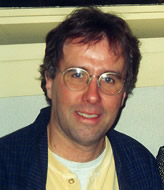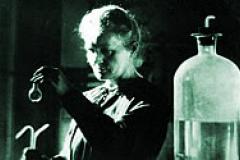
What happens when students at a university in the United States learn they live in apartments built on the site of an abandoned Pentagon nuclear waste site?
That's what I set out to discover in my film "Not For Public Release": A nuclear incident in Lock Haven.
The truth is often the first casualty, I'd learn.
In the mid-twentieth century, the U.S. government actually gave some of its defense contractors permission to dump radioactive waste on their private properties.
The Pentagon seldom, if ever, disclosed the whereabouts of these dangerous nuclear dumps. The problem becomes one for the ages: many of these radioactive isotopes remain dangerous and "hot" for thousands of years, even as the radiation is invisible to unsuspecting victims.
This carelessness caught up with college students in Lock Haven, Pennsylvania. One day the students woke up to find environmental officials dressed in protective "moonsuits" searching their apartment building for tell-tale signs of radioactive waste.
It would turn out that the student housing had been built on a property where a long-dead Pentagon contractor once dumped his highly radioactive DOD waste.
My documentary film, Not For Public Release: A nuclear incident in Lock Haven, examines the problem of privatized Pentagon nuclear waste, and how the government's secretive handling of this sensitive issue places unsuspecting citizens in unacceptable risk.
Bill Keisling
director, "Not For Public Release": A nuclear incident in Lock Haven





